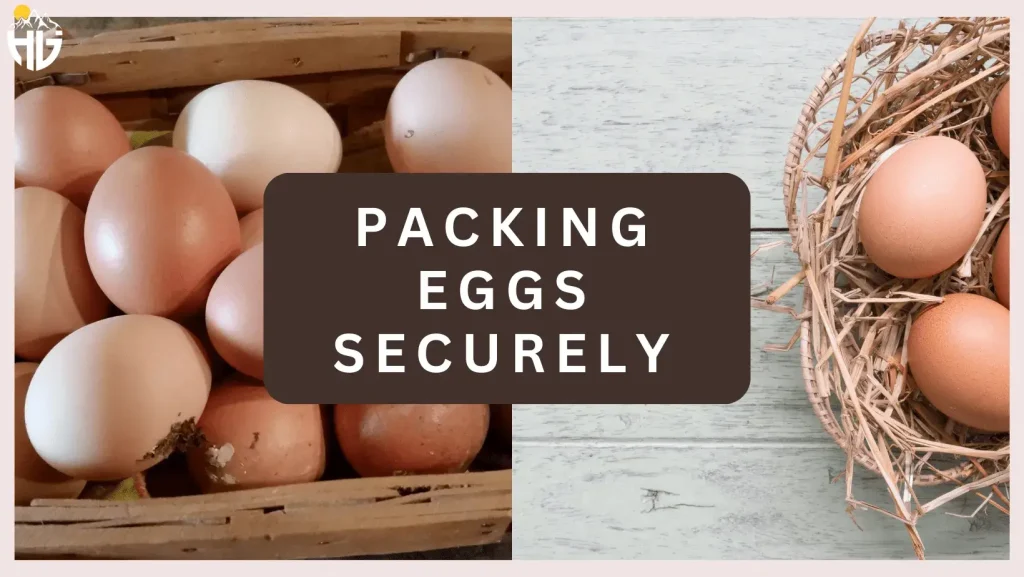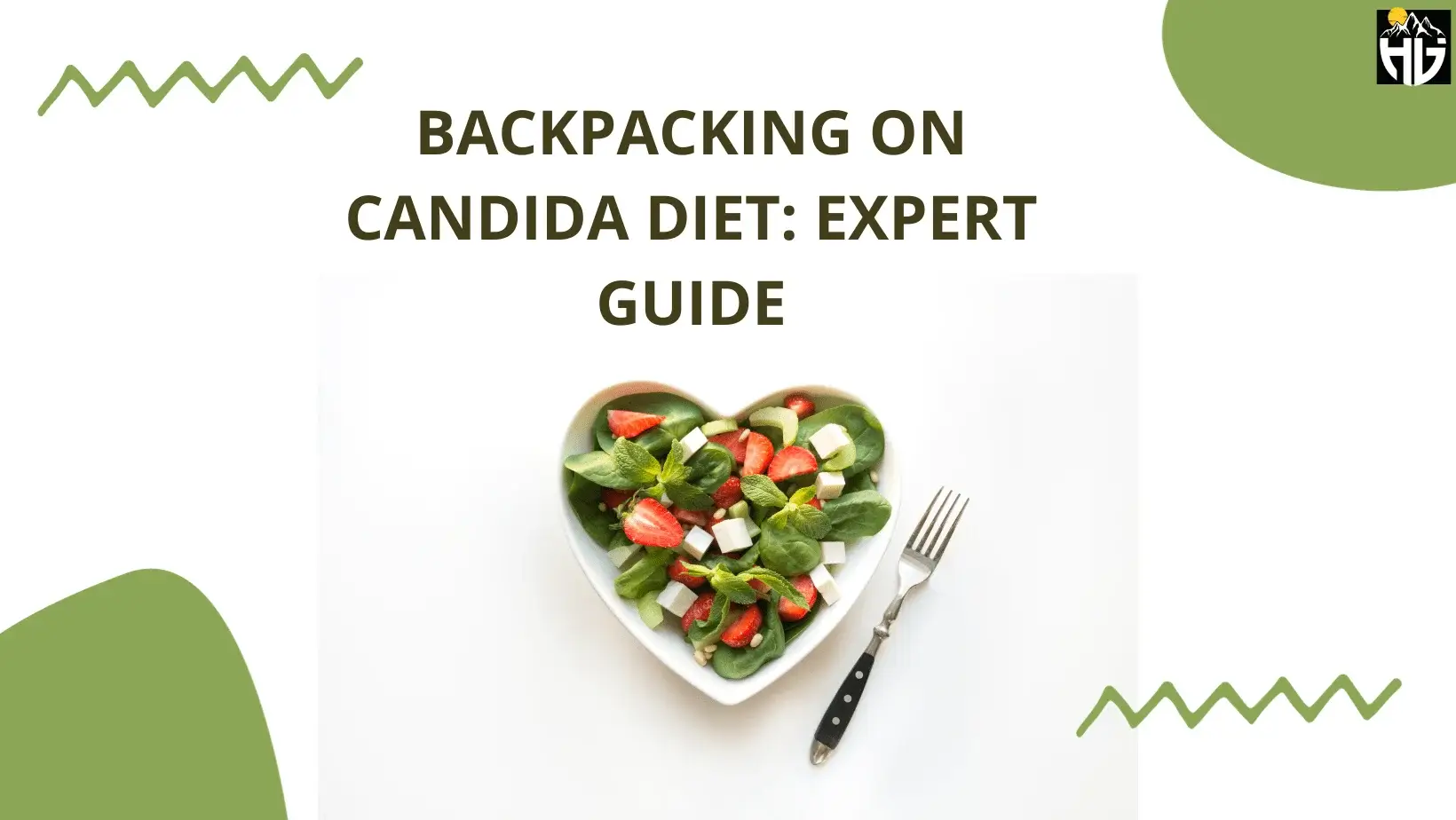How to pack Eggs for Camping

Packing eggs for a camping trip might seem like a delicate task, but with the right techniques and precautions, you can enjoy scrambled eggs, boiled eggs, and other egg-based meals amidst the wilderness.
Eggs are not only a versatile and nutritious source of protein but also offer endless possibilities for creating hearty and delicious meals. From scrambled eggs for breakfast to boiled eggs for a midday snack, they can be an essential component of your camping menu.
How to pack Eggs for Camping?
Choosing the Ideal Container

Selecting the right container is paramount for successful egg packing. Go for a purpose-built camping eggs carton or a durable plastic container with separate compartments to pack. It offers optimal protection against cracks and breakage.
Containers with individual compartments prevent eggs from knocking into one another, reducing the likelihood of cracks or breaks. A suitable container helps:
- Maintain the integrity of the Eggshell
- Preventing air from entering
- Moisture from escaping
- Keep your eggs fresh for longer
Adding Extra Cushioning

Prevent eggs from colliding by layering the container’s base with cushioning material. This could be anything from paper towels to clean socks or cloth napkins – creating a buffer to minimise potential impact.
Measure the dimensions of the bottom of your container and cut your chosen cushioning material to fit snugly within. Place the cushioning material at the bottom of the container. Ensure it covers the entire bottom surface to create a consistent layer of protection.
If your container has individual compartments for each egg, make sure the cushioning material is evenly distributed beneath them. The cushioning material acts as a shock absorber, reducing the impact of vibrations and bumps during transit; it minimizes friction between the eggs and the container, preventing movement that could lead to cracks.
Related Post
Packing Eggs Securely

Carefully place each whole egg into its designated compartment within your chosen container. Make sure the eggs are securely nestled in their compartments. They should fit comfortably without excess movement.
If you’ve opted to pre-crack your eggs, ensure you’ve done so in a separate container and inspected for shell fragments. Pour the pre-cracked eggs evenly across the container’s compartments. Distribute them to achieve a balanced weight distribution.
For an added layer of protection, consider encasing each egg in bubble wrap or packing foam. Seal the container securely, using a rubber band or sturdy tape if needed.
Embracing Dehydrated Eggs

For someone seeking a lightweight option, powdered or dehydrated eggs are a superb choice to pack while camping. Purchase dehydrated eggs in compact and resealable packaging, ensuring they stay fresh and ready for use throughout your trip.
When you’re ready to cook, follow the package instructions for rehydrating the eggs. Typically, you’ll mix the dehydrated egg powder with water to achieve the desired consistency. Use the rehydrated eggs just like you would fresh eggs. They work well for scrambled eggs, omelets, and other egg-based dishes.
Dehydrated eggs are significantly lighter than carrying traditional eggs, allowing you to pack more efficiently and carry less weight. These eggs take up minimal space, leaving room for other camping essentials in your cooler or food storage setup.
These eggs have a longer shelf life compared to fresh ones, making them a durable option for extended camping trips. Since they lack fragile shells, you won’t need to worry about cracks or breakage during transportation.
Related Blogs
Ensuring Safe Transport

Place the egg container in a stable location within your vehicle to prevent shifting during transit. Avoid placing heavy items on top of the egg container to prevent pressure that could lead to cracks.
Before packing the eggs for camping, ensure the container is surrounded by soft items, such as clothing or towels, to act as a cushion against impacts. Keep the egg container isolated from direct contact with other heavy or hard items that could potentially damage the eggs.
Eggs that are transported with care are less likely to collide and crack, ensuring your eggs remain whole and usable. Secure transport minimises the risk of spills and messes, keeping your camping gear and vehicle clean and organised.
Storing Eggs at Your Campsite

Upon reaching your campsite, stash the egg container in a cool, dry spot. If temperature variations are a concern, house the container in a plastic bag and position it in a shaded zone. This prevents sudden temperature shifts and condensation.
Eggs that are stored at the right temperature maintain their freshness and quality, enhancing the taste of your campsite meals. Proper storage reduces the risk of cross-contamination, ensuring your meals are safe for consumption.
Related Post
How to Stay Cool While Camping?
Prepping Eggs for the Journey

If store-bought eggs are your choice, inspect them for any visible cracks before packing. On the other hand, farm-fresh eggs can be cracked beforehand into a wide-mouth container to save space and reduce the risk of damage. For raw eggs, a gentle wipe with a damp cloth removes any grime.
Before packing, carefully inspect each egg for cracks or imperfections. Any damaged eggs should be set aside and not used for your camping adventure. Place the intact whole eggs into individual compartments of your chosen container. Ensure they are secure and won’t move around during transit
Related Blogs
Cooking Eggs over the Campfire

With your eggs safely stowed, it’s time to transform them into culinary delights by the campfire. From sizzling scrambled eggs on a skillet to crafting perfectly boiled eggs over open flames, your options are limitless. Ensure you pack the necessary cooking gear to make your camping culinary journey a success.
Related Post
How to Keep RV Pipes from Freezing?
Conclusion
It doesn’t have to be difficult to pack eggs for your camping trip. You’re ready to savour the flavour of fresh eggs among the splendour of nature if you have the right container, preparation techniques, and transportation plans. By taking these precautions, you can bring raw eggs, dehydrated eggs, or store-bought eggs and still have them fresh and ready to enhance your camping food.
FAQs
Can I bring fresh eggs on a camping trip?
Absolutely! With proper packing and care, you can bring fresh eggs to your campsite. Using a suitable container and following safe transport practices will help prevent breakage.
What’s the best container for carrying eggs while camping?
Camping-specific egg cartons or plastic containers with individual compartments are excellent choices. They protect eggs from cracking and keep them organised.
Can I bring raw eggs for cooking while camping?
Yes, you can bring raw eggs. Just ensure they’re securely packed in a designated container and properly cushioned to prevent breakage.
How do I prevent eggs from breaking during transportation?
Adding an extra layer of cushioning at the bottom of your egg container using materials like paper towels or cloth napkins helps absorb shocks and vibrations, reducing the risk of breakage.
Are dehydrated eggs a good option for camping?
Dehydrated eggs are a lightweight and space-saving alternative. They don’t have fragile shells and are convenient for campfire cooking, making them a great option for camping.
How do I use dehydrated eggs for cooking at the campsite?
Rehydrate dehydrated eggs by mixing them with water according to the package instructions. Once rehydrated, use them just like fresh eggs for various dishes.
Can I pre-crack eggs for camping to save time?
Yes, you can pre-crack eggs into a container with a secure lid to save time at the campsite. Just make sure you handle them with care and inspect for shell fragments.
How should I store eggs at the campsite?
Store your egg container in a cool and shaded area, away from direct sunlight and heat. Consider isolating the eggs from other items and minimising movement to preserve their freshness.
Can I bring eggs in a cooler?
Yes, using a cooler for egg storage is a good idea. Designate a separate space for your egg container to prevent them from moving around and to maintain a stable temperature.
Are there benefits to using dehydrated eggs for camping?
Dehydrated eggs offer benefits like weight savings, space optimization, and a longer shelf life compared to fresh eggs. They are also easy to rehydrate and use for campfire cooking.




